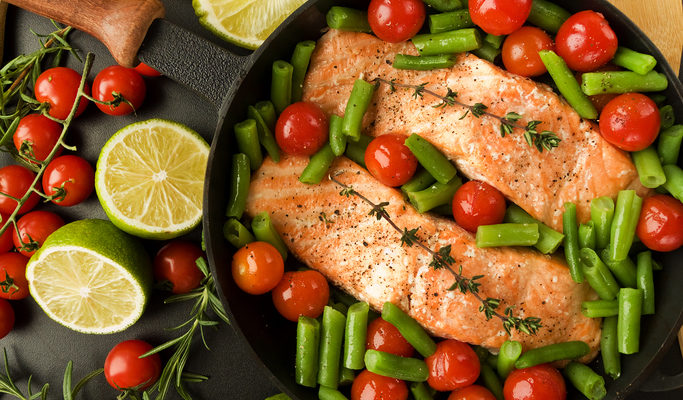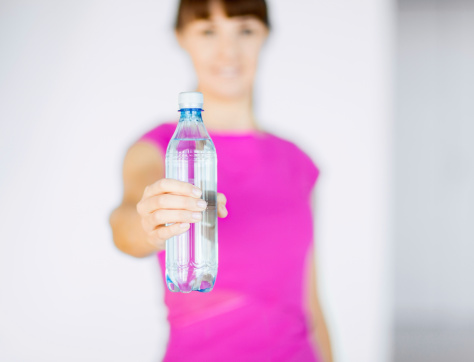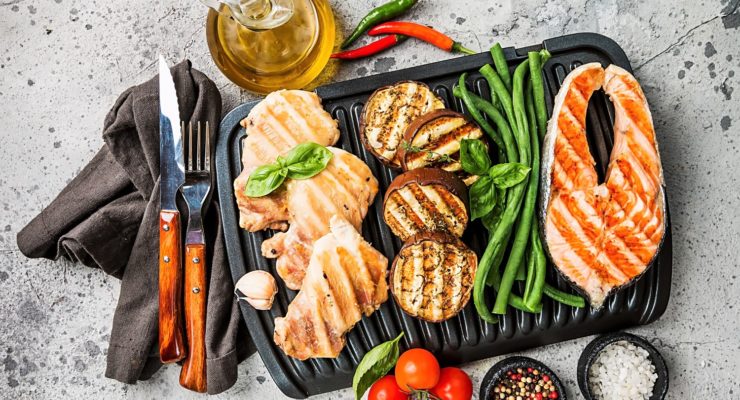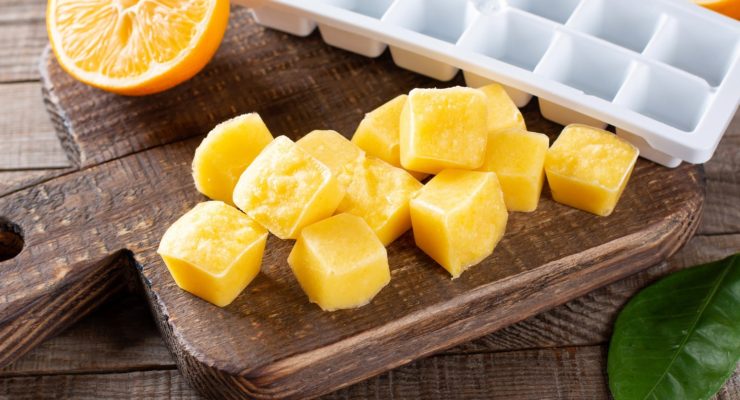7 Healthy Weight Loss Tips for Retirees
Article posted in: Lifestyle
You’ve worked hard your whole life and now you’re ready to relax and enjoy yourself. And you finally have all the time you need to take care of your health, so you can take simple steps that will help you reach your ideal weight. Smart strategies can add up to a real difference without using up too much of the free time you’ve earned.
Here are seven healthy weight loss tips for retirement:
1. Shop when you’re full.
Healthy eating starts at the grocery store, with sensible ingredients that help you stay on the path to your healthy weight. But, if you go shopping when you’re hungry, you’re more likely to buy higher calorie, less nutritious foods, according to researchers from Cornell University. Retirees don’t have to squeeze in visits to the grocery store after work, when they’re likely to be hungry. Instead, you can enjoy a healthy meal and then go to the store with a full belly and a clear mind about the best foods to buy.
2. Cook for yourself.
With more time available in your day, you have the chance to prepare healthier meals for yourself and to experiment with lots of new dishes. If trial and error seems to be a costly way to learn how to cook healthy meals for just one or two people, many supermarkets, health clinics and organizations for seniors offer free (or low-cost) cooking classes. These will assist you in the transition from cooking for a big, hungry family to whipping up wholesome, delightful little meals for yourself and your spouse.
3. Make time to play.
While you can hit the gym whenever you want, retirement offers plenty of opportunities to have fun burning calories. At 185 pounds, you can melt off about 1,952 calories playing golf for four hours, if you carry your clubs. Even if you grab a cart, you’ll hit about 1,240 calories. Grab your partner and go ballroom dancing to burn 488 calories per hour. Prefer gardening? Over 400 calories gone, after an hour of planting, watering and weeding. Meet a friend for a 30-minute walk instead of lunch and burn 178 calories, as you stroll at a comfortable pace of 3 and a half miles per hour.
4. Take a dip.
Sore muscles and joints can deter you from exercising regularly. Water-based activities reduce the stress on your body and can even soothe minor aches and pains. Swimming is one of the best forms of exercise because it works a wide variety of muscles in your body and your cardiovascular system. The possibilities don’t end there, either. Check with your local public swimming pools for daytime water aerobics and group fitness classes just for retirees.
5. Drink more water.
As you get older, you may find yourself going to the bathroom more frequently, even if you don’t have a serious condition. Don’t let this keep you from drinking water regularly. You need at least 64 ounces a day to keep your digestion working and your metabolism burning. Carry a bottle with you to sip throughout the day and your body will stay hydrated, without overwhelming your bladder.
6. Get lean on protein.
As people age, their muscle mass can begin to diminish, leading to a slower metabolism, even at rest. Protein is the building block of muscles and it’s essential to restoring and repairing them. You need about one gram of protein daily for every kilogram (2.2 pounds) of body weight. When you’re trying to lose weight, protein provides steady energy and keeps you feeling full longer. The best kinds of protein, known as PowerFuels, are high in healthy fats and low in saturated fats. Turkey and salmon are concentrated sources of lean protein, as are eggs, chickpeas, other legumes and nuts.
7. Add calcium.
You may have heard that calcium is critical to maintaining the health of your bones. Bones become more brittle in your retirement years, making this mineral especially important. Calcium is just as important for healthy weight loss because it helps to regulate how fat is processed and stored in your body. Nonfat dairy products, such as milk, yogurt and cottage cheese are healthy sources of calcium. You also can get a heavy supply from dark leafy greens (like kale and collards), almonds and figs. Check with your physician before taking any calcium supplement.
All calorie burning estimates were gathered from Harvard Medical School on February 14, 2017.













